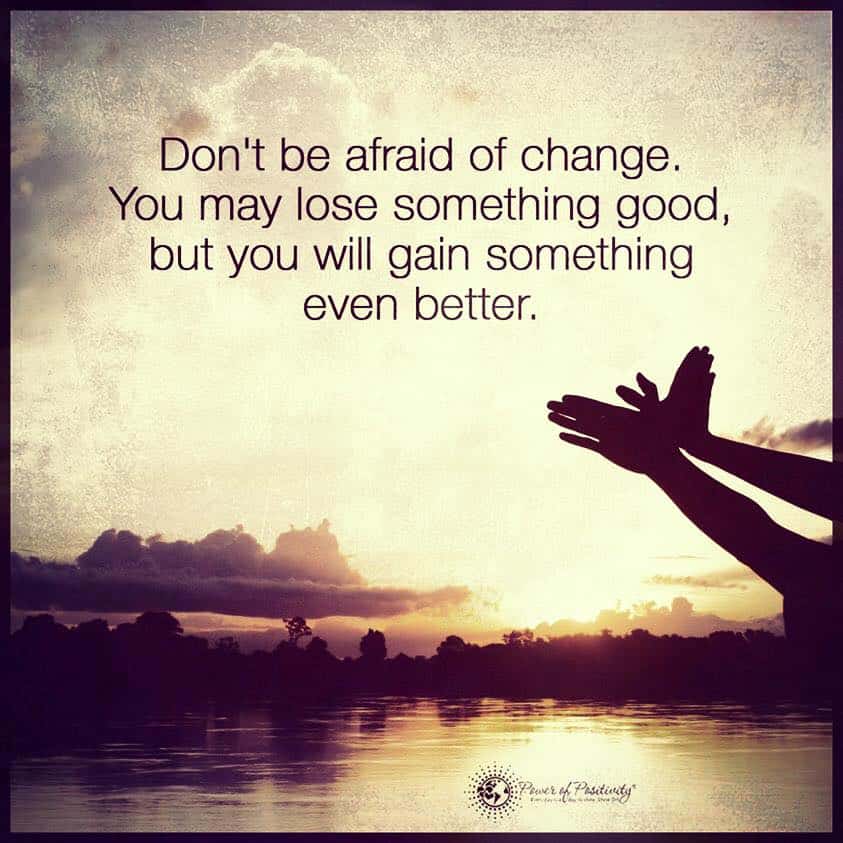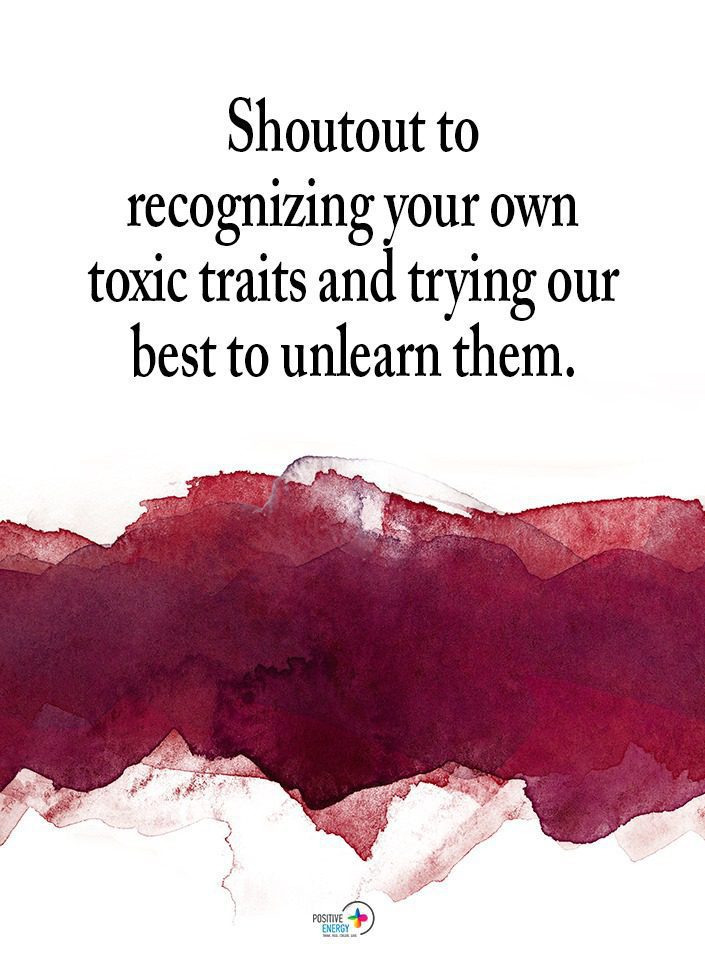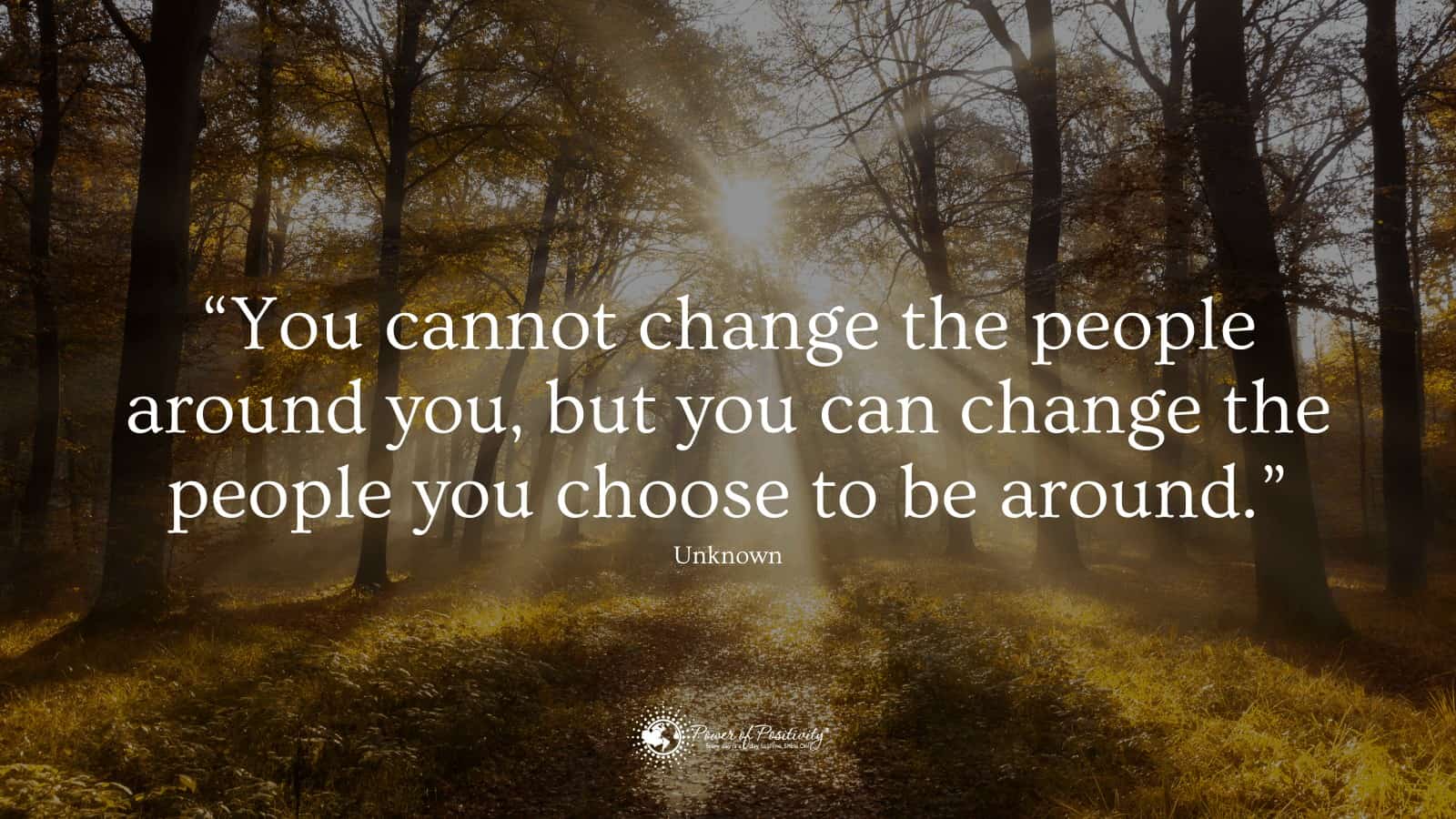A high-risk relationship is one where the potential of a breakup is more likely. Sometimes we get a gut feeling that a relationship is on rocky ground. Trusting your gut about a likely breakup is probably wise if your relationship shows any of these 5 signs.
5 Signs You’re In A High-Risk Relationship
1. There is a lack of intimacy
Regardless of whether or not you are having sex, a lack of intimacy implies so much more. A lack of intimacy can be a lack of open, trusting communication about feelings. And if one partner is hiding something, even a feeling, from the other partner, there is a type of breach of trust between the two. Concealing feelings from each other is like a breakdown in the trust that you have, which makes it less likely that your partner will want to open up to you sexually either.
2. Your partner doesn’t show an interest in you
‘How was your day?’ is either never asked, or asked and then your response is barely heard. Does your partner even care what you do all day? If your partner doesn’t even seem to care enough to want to know about your day, how could they possibly hope to know what secret dreams lie buried in your heart? This is a high-risk relationship whenever one partner is focusing only on themselves and their own needs, not on their partner’s.
The need to communicate about feelings is stereotypically more a woman’s realm, however, communication in general is important to meet the social connection needs of each partner. Bonding with your partner happens over shared moments. While this doesn’t have to always involve talking to each other, it usually does. Shared jokes, sharing the positive parts of your day, sharing information about other people in your social circles creates a lifetime of shared experiences that reduces the risk of breakup in a relationship.
3. You’ve already had one breakup
Couples counselors say that it is unlikely that a couple that has split and reunited will stay together for the long-term. The reason for this is that there is a breach to heal that can become a point of resentment for the partners. The partner who was dumped is resentful of the one who did the dumping and fearful that they may get their heart broken again. These emotional wounds are difficult to heal.
Also, with a previous breakup, the partner who did the breaking up clearly had a gut feeling that something was wrong and chose to leave. If that gut feeling is telling you or your partner that something is wrong, getting back together without fixing the underlying problem first is unlikely to make for a happy ending.
4. You had a negative childhood experience with love
Unfortunately, not getting enough love as a child might have left you an insecure adult. This childhood insecurity is a factor for a high-risk relationship because you are still seeking the love that you never got from a caregiver from your current romantic partner. Your partner can’t live up to your expectations, so the relationship is doomed to failure.
Related article: 5 Differences Between ‘Being’ With Your Partner And Actually Choosing Them
Researchers in the journal Attachment & Human Relationships studied young adults and their romantic relationships. They say ‘Young adults who experienced a secure relationship with their primary caregiver were more likely to (a) produce coherent discourse regarding their current romantic partnership in the context of the Current Relationship Interview (CRI) and (b) have a higher quality romantic relationship as observed in standard conflict and collaboration tasks. Infant security accounted for variation in CRI security above and beyond the observed quality of participants’ current romantic relationship.’
5. Low level of commitment
Partners who don’t feel invested in the relationship are more likely to break things off. Having children together, for example, will often keep a high-risk relationship together due to the time, emotional, genetic, and financial investments that each partner has contributed to raising their kids. The same might be true for a couple who has a home, built a business together, or who have spent many years growing their marriage or partnership. Without these high levels of commitment, the couple is likely in a high-risk relationship.
Related article: 6 Behaviors That End Relationships
In a study of romantic relationship breakups, researchers could predict which couples would break up based on how much ‘commitment, love, and inclusion of other in the concept of the self’ were present in the relationship. Other signs that contributed to a high-risk relationship were low relationship satisfaction, perceptions of available alternative romantic partners, and level of investment in the relationship were also predictors of breakup, but to a lesser extent. The research also found that social network support was also a strong predictor of relationship strength.











